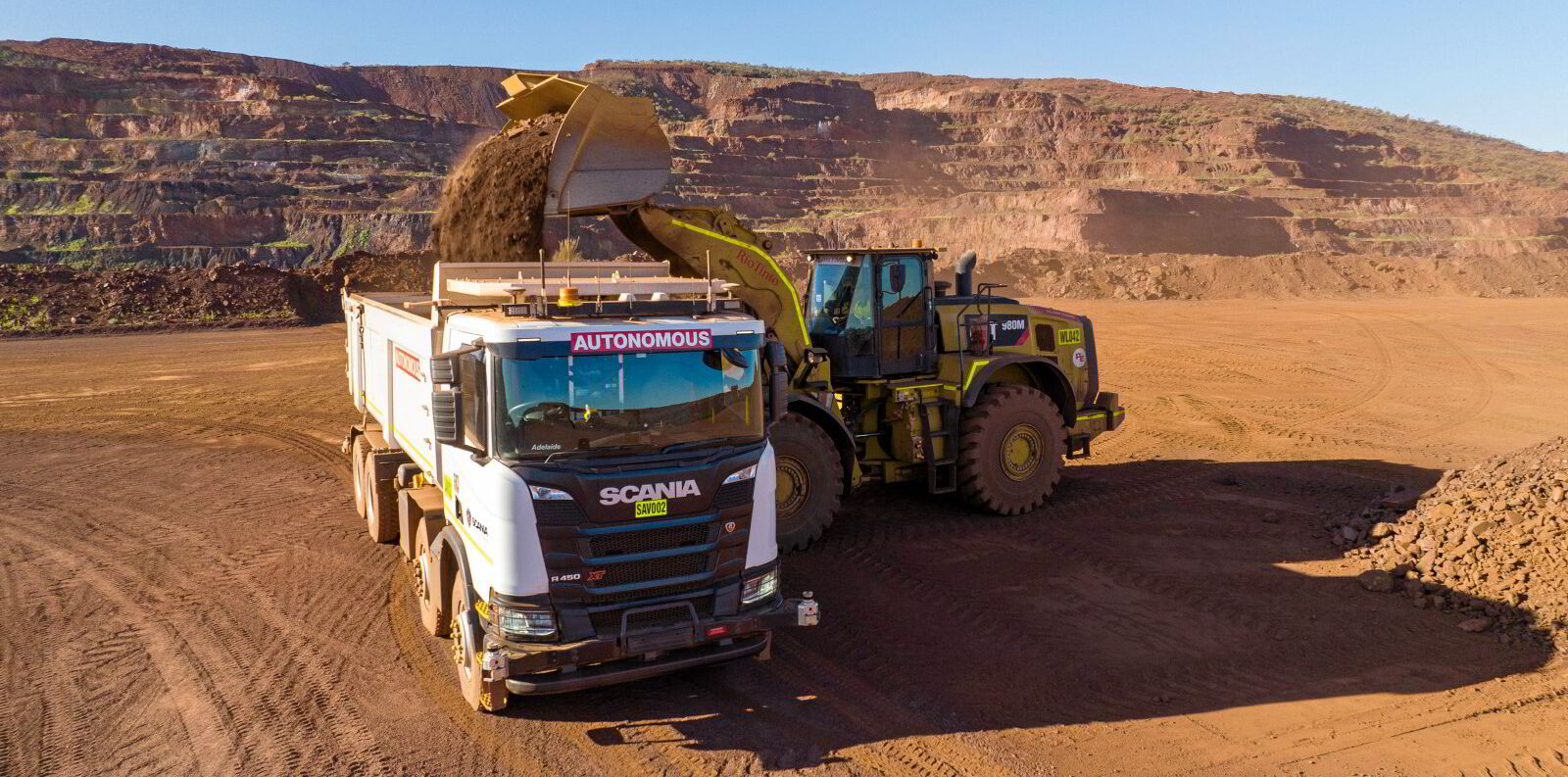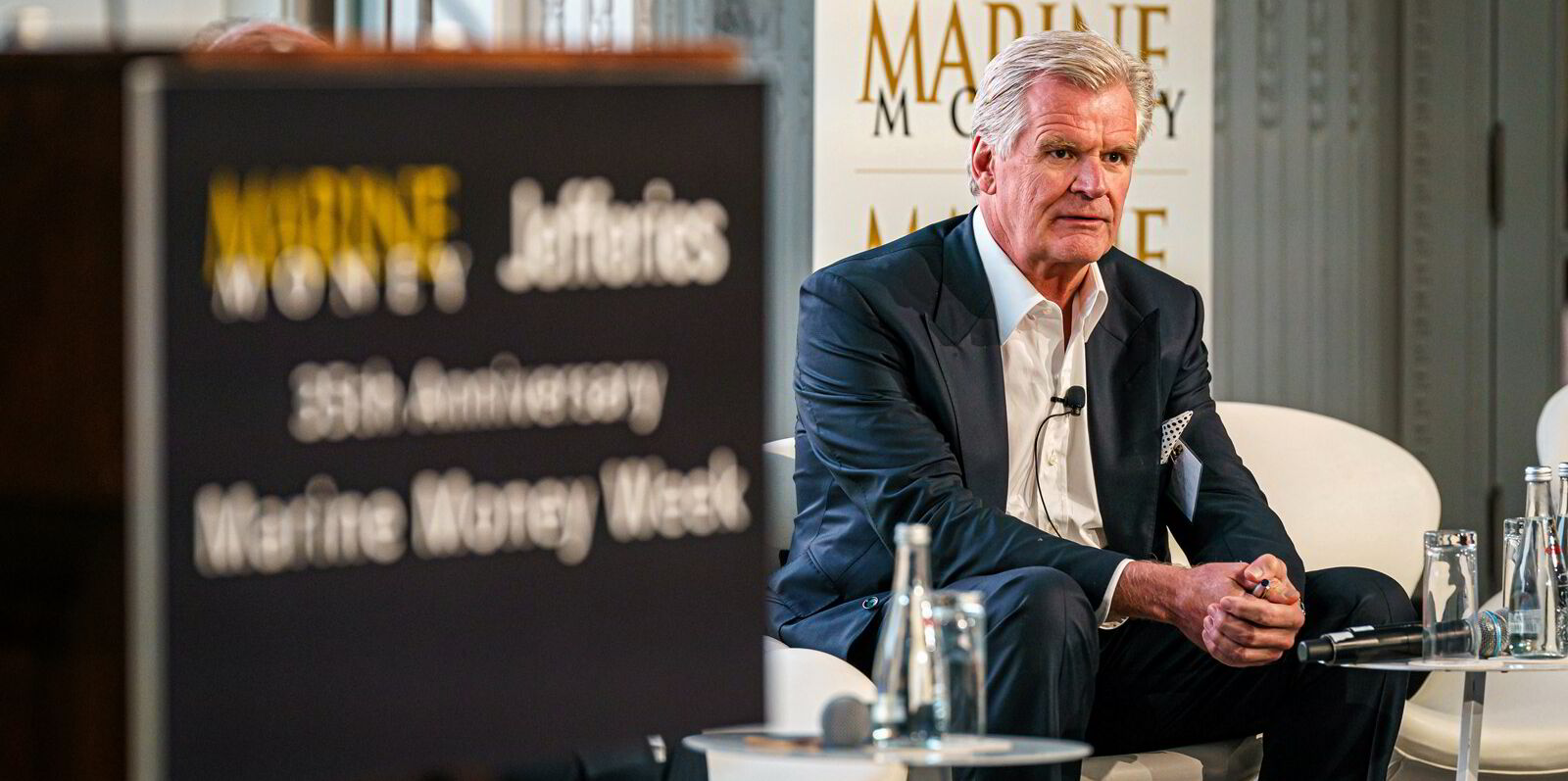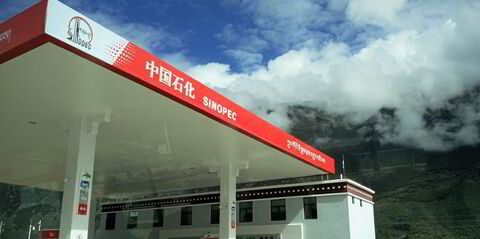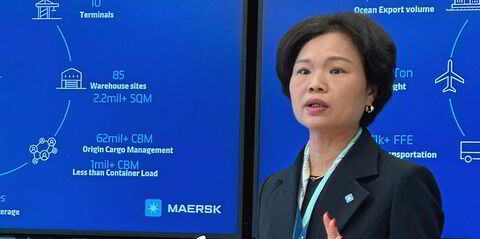Capesize bulker spot rates tumbled further on Thursday, adding to what shipbroker Braemar described as a “relentless” decline for the sector.
The Baltic Exchange’s average of capesize bulker spot earnings sank 9% on Thursday to reach just under $19,300 per day, the lowest level for the indicator in 11 weeks.
The figure represents a 37.1% slump since rates peaked at nearly $30,600 per day in late September.
“The punch, which many market participants had been bracing for, was finally delivered and we saw market value slashed as a result,” Braemar said in a weekly dry bulk market report.
“The recent lure of the Pacific in the past weeks has kept a majority of open tonnage in the lower basin. This week was a textbook example of how sentiment can drastically change once the tap for supply flow is reactivated.”
The shipbroker said fixture volumes were “significantly below average” and slumped 30% over the week even as South Korean and Japanese end users issued tenders for cargoes.
Baltic Exchange analysts painted a similarly gloomy picture on Thursday.
“The market’s downward momentum is accelerating, with no signs of slowing,” they wrote in a daily report.
‘Sliding’ market
“Even with two miners and several operators active in the Pacific, the market continued to slide.”
In the Pacific, commodities giants pushed the market downward in a quartet of fixtures for voyages from Western Australia.

US-based Cargill fixed a capesize to carry a 160,000-tonne iron ore cargo from Port Hedland to Qingdao, China, at $8.75, while Fortescue Metals Group agreed to pay to a lower $8.70 to hire Goodwill Maritime’s 183,000-dwt Lowlands Spirit (built 2019) for the same voyage, according to Baltic Exchange data.
That was lower than the $8.80 to $8.90 that mining giant Rio Tinto paid for each of two unnamed vessels to haul 170,000 tonnes from Dampier to Qingdao.
In the Atlantic, Brazilian demand increased, but Braemar said the market was “shaky” in West Africa.
“As a result, some ships came back to market outside of their previous programmes,” the broker said.
“Owners are divided between those who would prefer to be first out of the door and those that believe the current fire might not be as widespread as originally thought.”
For a Brazil-to-China voyage, dry bulk operator Oldendorff Carriers scored a Koch newcastlemax to haul 185,000 tonnes at just $22 per tonne, while Brazilian steel maker CSN paid $23 per tonne for slightly later loading dates for a 180,000-tonne cargo, the Baltic Exchange said.
South Korea’s vessel operator Polaris Shipping is reported to have fixed another vessel to move 170,000 tonnes on the route for $22 per tonne.
That’s below the $24 to $25 per tonne rate scored by two capesizes a day earlier.
“Routes from South Brazil and West Africa to China saw little resistance, as increased activity led to numerous fixtures at significantly lower rates,” Baltic Exchange analysts wrote.




